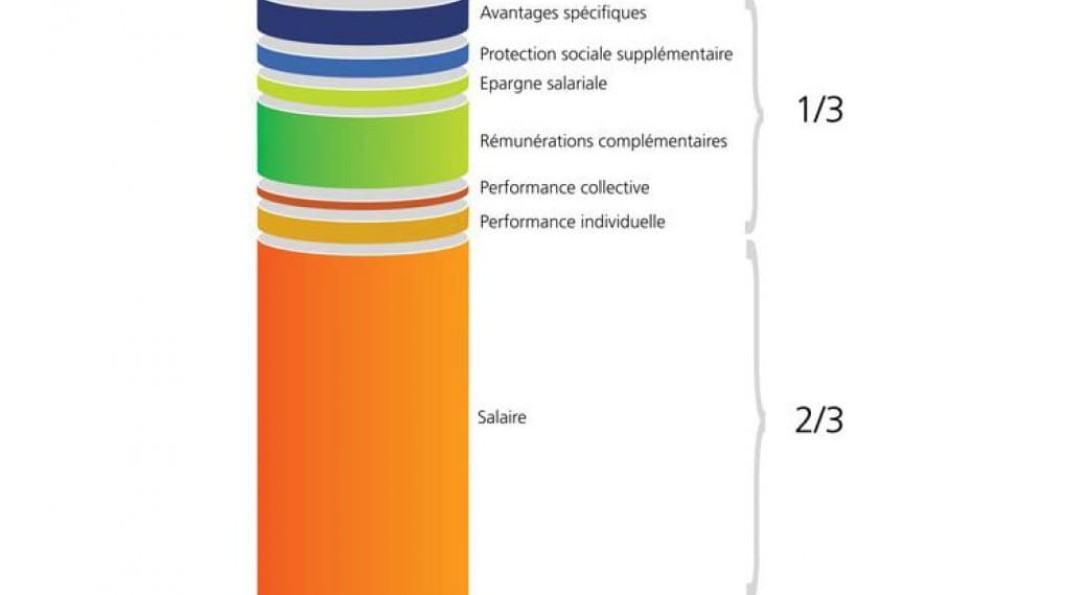Employee remuneration: 3 guiding principles
EDF’s remuneration policy is designed to acknowledge the duties, skills, professionalism, and commitment of its staff.
At EDF, our remuneration packages reward individual and team performance, and take the Group’s results into account. It also offers some significant benefits to its staff. This policy is expressed as a pay scale that matches levels of responsibility and guarantees fairness for our staff.
EDF has built its pay policy upon three main principles so that it is:
- Comprehensive: in addition to a fixed salary paid over 13 months, EDF remuneration packages include:
- bonuses for individual performance
- bonuses for team performance
- additional remuneration for the obligations that come with the role
- employee saving schemes
- insurance
- special benefits (social, family, etc.)
- Balanced: the policy is founded upon a balanced mix of immediate and offset income and benefits provided by the company, including non-cash benefits. Thus, 1/3 of an employee’s total remuneration is made up of further benefits in addition to their salary.
- Progressive: It includes progressive bonuses for performance, pensions, additional insurance cover, and specific benefits such as access to housing for young members of staff and a contribution to childcare costs.

Une rémunération complète, équilibrée et évolutive
Individual performance: bonuses based on hitting targets set annually by the employee and their manager
Team performance: a bonus based on Group performance
Additional remuneration: for any additional obligations (such as being on call, continuous cover)
Employee savings: group Savings Plan, PERCO, private pension
Additional insurance: health insurance, life insurance
Special benefits: in relation to family circumstances, such as marriage and parenthood
Pay for vocational training
Vocational training contracts are paid at EDF. The level of remuneration varies with the type of contract (apprenticeship or vocational), the apprentice’s age, and the qualification they are studying towards. This means that it can be between 45% and 80% of minimum wage.
Paid internships
All internships longer than two consecutive months are paid. The amount varies between €500 and €1300 depending on the qualification interns are studying towards.

